Premium Only Content
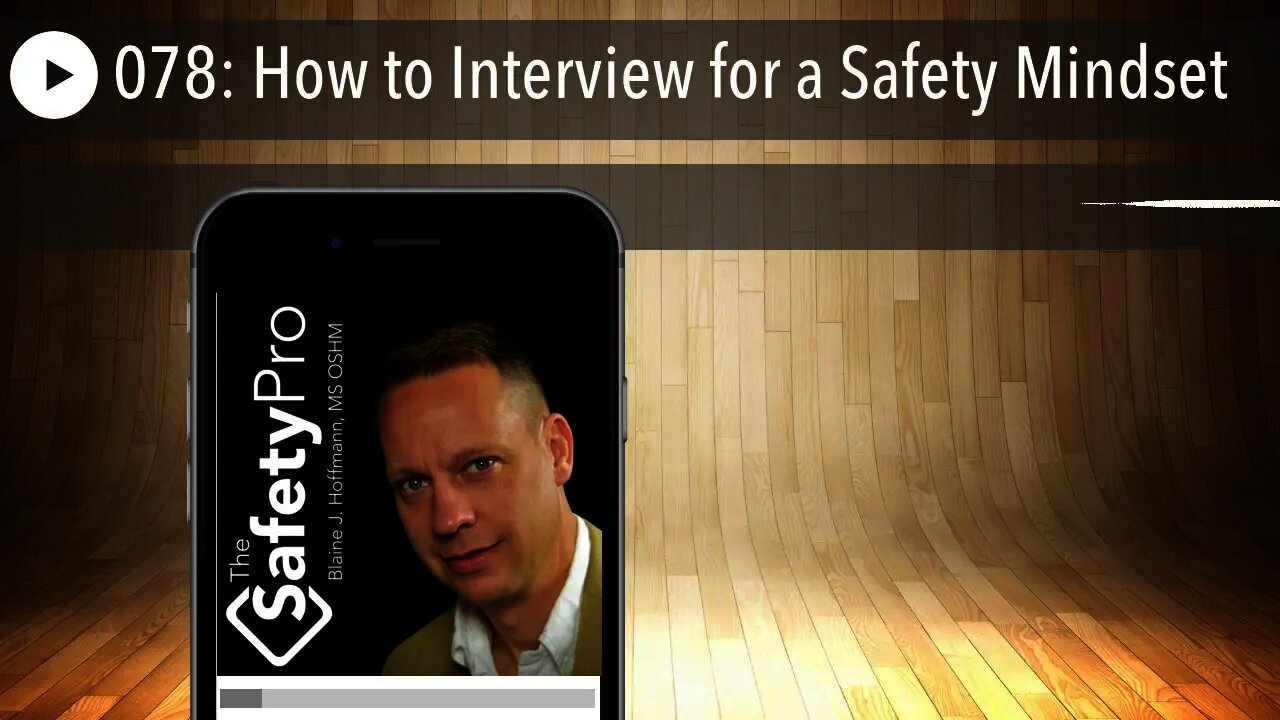
078: How to Interview for a Safety Mindset
Subscribe here:
http://www.thesafetypropodcast.com
Powered by iReportSource
When a company is looking to hire their next safety leader they must be sure to select the right person for the job. But hiring a safety leader goes well beyond their safety and health credentials and experience. You want to have someone with the right safety mindset, not just safety background and experience. The same thing goes for hiring production or other team leaders.
Everyone knows the importance that teams play in organizational success. However, let’s not forget that teams are made up of individual players, each with strengths and weaknesses. In his book, The Ideal Team Player , Patrick Lencioni reveals the three indispensable virtues that make some people better team players than others, and this speaks to their mindset (1).
According to Lencioni :
Ideal team players are humble. This is a person who lacks excessive ego or concerns about status. Humblepeople are quick to point out the contributions of others. They are slow to seek attention for their own, explains Lencioni. They share credit, emphasize team over self, and define success collectively rather than individually. They also recognize and are well-aware of their own strengths, and they can easily share those strengths when asked (1).
Ideal team players are hungry.They are always looking for more. Hungrypeople rarely have to be pushed by a manager to work harder because they are self-motivated and diligent; at the same time, they aren’t so hungry that they are entirely consumedby work. They are continually thinking about the next step and the next opportunity. They have just the right amount of drive you want to see (1).
Ideal team players are smart.By “smart,” Lencioni means they have common sense about people - or high EQ (emotional quotient). You may have heard of this referred to as emotional intelligence or being highly self-aware. Smartteam members tend to know what is happening in a group situation and how to deal with others in the most effective way. You may think of them as tactful or good at “dealing with people.” They have good judgment, a great perception of what’s happening a group, and can apply intuition well on teams (1).
So, how can organizational leaders interview for these virtues?
Ask the right open-ended questions designed to get them sharing their thoughts and beliefs. Sure, you need to find out a little more about their professional background as it pertains to the technical aspects of safety.
However, if the pre-screening process went as designed, hiring managers should only be interviewing technically qualified candidates at this point. So here is an opportunity to ask questions designed to determine if the candidate is going to be an asset to the team.
Here are some examples of the right questions and what they are designed to uncover:
1. How did you get into safety? Or whatever line of work they happen to fall into.
This question helps to uncover someone’s back story and helps someone to share what drives them and motivates them.
At this point, you can start to see if they are able to articulate the “why” about their career choice. This question can also encourage them to become more comfortable during the interview, too.
2. Has there ever been a situation or incident in your work that changed or shifted your approach to safety?
Are they able to learn from situations? How have they adapted in the past to improve their life and work for the better? This question, once again, starts to dig deeper and helps you know more about how humble someone is, and their degree of self-awareness, too.
3. What is something you would do to show senior leaders how safety can be a profit center?
This question helps to indicate more about their capacity for critical thinking. After all, you want a candidate to be able to make a connection between safety and other aspects of the business, and this can help you know more about how savvy they are in this arena.
4. What would you do if you saw a hazard or if you saw someone doing something unsafe at work? Has this ever happened—if so, how did you handle it? Was there anything you wish you could have done differently? (2)
The answer helps you know more about how a candidate chooses to approach others, especially when that situation is uncomfortable or can involve conflict.
5. How do you approach incident investigations?
Once again, this helps us to frame someone’s motivation and mindset and helps us know more about how they deal with others (smart), their ability to be forward-thinking (hungry), and their degree of self-awareness as it relates to their own ego (humble).
As you talk to the person, see: do they seek to put blame on people or do they think in terms of fixing and improving processes? Do they start with “what someone did” or “what did we miss in this process”? Both responses are telling.
6. What are the most importan
-
 2:44
2:44
WFTX
3 years agoInterview with Mayor Ray Murphy on pedestrian safety concerns
8 -
 10:01
10:01
KMTV
3 years agoMST3K interview
194 -
 10:01
10:01
KMTV
3 years agoMST3K interview
32 -
 10:01
10:01
KMTV
3 years agoMST3K interview
23 -
 0:53
0:53
Vanilla Bizcotti’s Channel
3 years agoJob interview
47 -
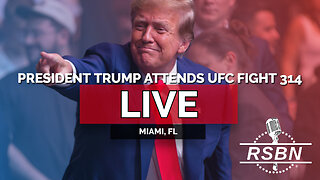 2:05:15
2:05:15
Right Side Broadcasting Network
14 hours agoLIVE REPLAY: President Trump Attends UFC Fight 314 - 4/12/25
129K14 -
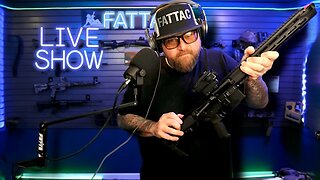 2:07:42
2:07:42
BlackDiamondGunsandGear
12 hours agoWho’s in Town for This Stream?
71.6K5 -
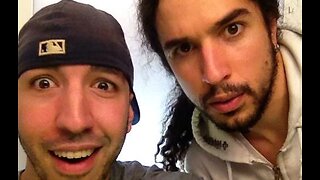 1:24:56
1:24:56
Quite Frankly
22 hours ago"Wild Tales: Crazy Story Hotline" | The Brothers Ep. 1
101K17 -
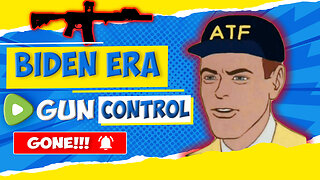 12:37
12:37
Tundra Tactical
19 hours ago $6.48 earned🚫🚫 Biden Era GUN CONTROL Gone!!!! 🚫🚫
76.9K21 -
 1:00:09
1:00:09
Motherland Casino
11 hours ago $7.03 earnedCynthia X Mia
66.9K7